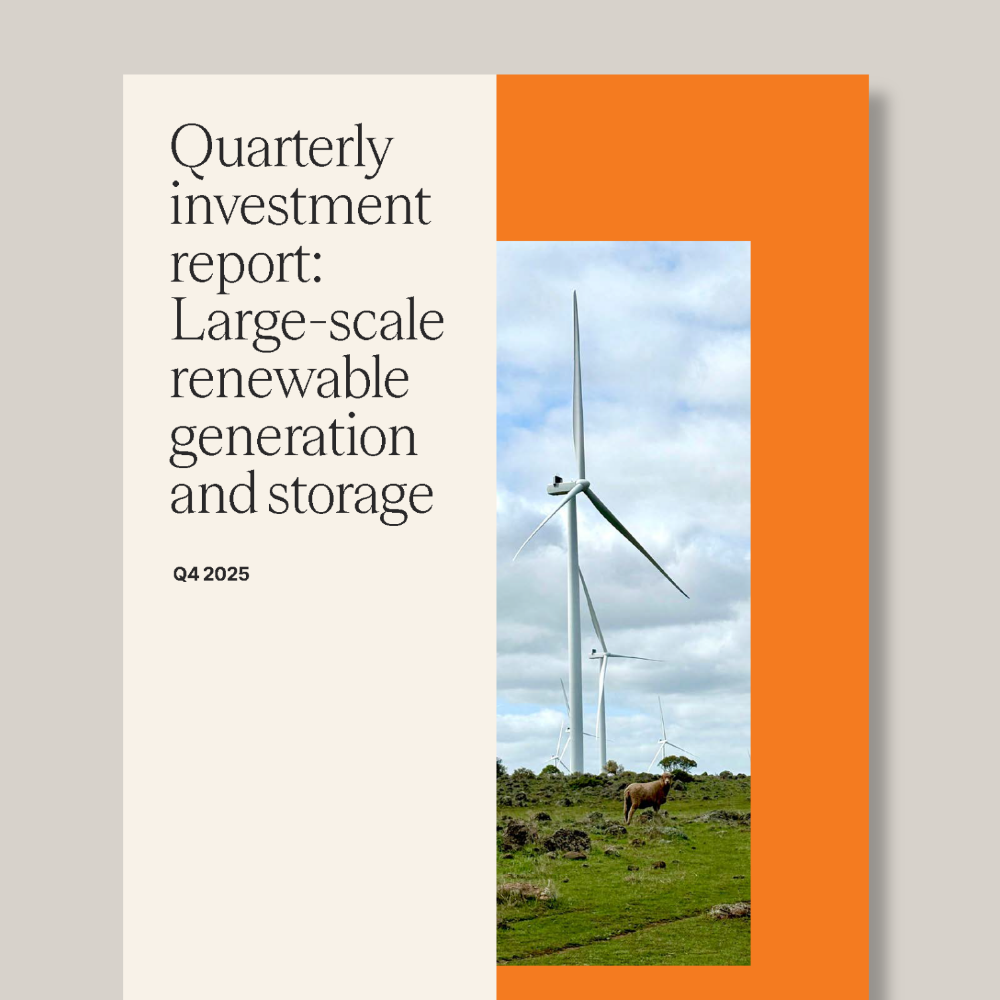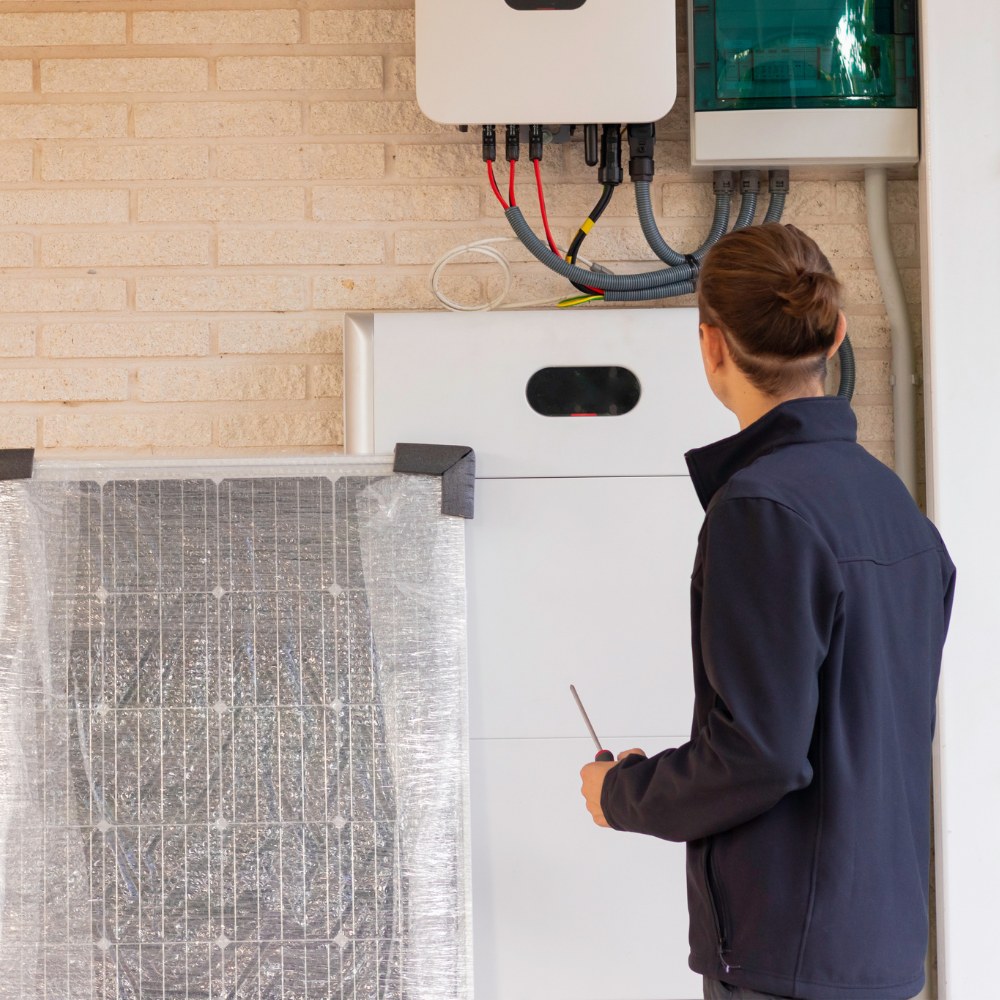As a year 12 student, Alyssa Edmunds was looking for a part-time job alongside school when she came across an advert looking for cadet hydrographers.
“When I viewed the description, it was just everything I wanted. It was working in and amongst the environment, working in different clusters of people, yeah it was just exactly what suited me,” says the teenager from North West Tasmania. Hydrographers measure and map water flows, to help the company to generate hydro-powered electricity, Edmunds explains.
Hydroelectricity is generated by using flowing water to drive turbines. She was accepted into the three-year cadetship with Hydro Tasmania, Australia’s largest generator of clean energy, and she’s now a year into being the state’s only female hydrographer in the hydropower industry.
“On a day to day basis my job involves heading out to multiple sites; from calibrating rain gauges at Lake Margaret to measuring the lake level at Fisher Canal or ‘way gauging’ at the Mersey River. Way gauging is when we’re in the water, facing upstream with a hand-held device, which calculates the amount of water coming past,” she says. “We take these measurements so the data managers in Hobart can forecast inflows into lakes and predict future lake levels, which affects when they forecast a power station to turn on. “We also have a lot of duty of care for flood warning sites, making sure that everything is working correctly.”
One of Edmunds’ favourite parts of the job is getting to travel to remote wilderness areas with her team. “One of our trips we went in a helicopter to the Gordon River, it was just phenomenal. It’s very beautiful there, at the water it’s very rocky, the landscape is so green, there are so many trees. Often we have to break out the brush cutter to maintain our sites, it’s just so luscious.” Edmunds has two years left of her cadetship, and afterwards, she plans to keep learning and contributing to the development of the industry. “After I finish my two-year diploma, I’d really like to further my education in environmental studies, just to have that better understanding of how our artificial instruments and sites affect the environment, that would definitely help in selecting future sites that we plan to implement. “A job that I’ve seen that I would like to have in future is [that of] my Hydrometric Network Coordinator. He manages all of us hydrographers and electronics technicians that work out in the field.” The fact that she is working in the clean energy industry is also important to Edmunds. “Being part of a business that’s looking out for our future in renewable resources and looking forward to becoming completely green is something I’m very privileged to be part of,” she says. “As a younger person, I am quite worried about climate change. It is something that hits quite close to home. So definitely working towards helping reduce climate change is something I hold very close.”
Edmunds lives in a small country town near Sheffield and says she is grateful to have found a career that means she can live and work surrounded by nature. “My job is really fun. I love the outdoors, outside of work I’m always playing sport or out hiking somewhere. Working outdoors is something I hold very dearly. “Working remotely definitely is a benefit, because in Tasmania most of us are quite rural. It’s great that we get to work in our backyards that we have the opportunity to study for our job and not have to move into a city.”





